Present-day kids are expected to achieve a lot – by their families, teachers and society. In the meantime, the system of education is not very helpful in trying to make them happy people well prepared for life. Instead they are placed in a situation of competition and stress with subjective grades that outshine the true meaning of school training. Very often Bulgarian parents complain of outdated norms and views in Bulgarian education.
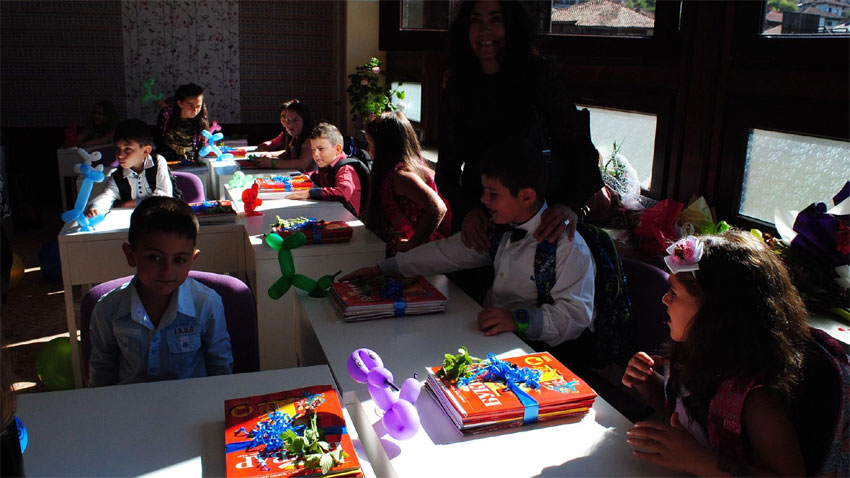
Convinced that there are a dozen of better ways to transfer knowledge and experience to kids Pepa Chavdarova who has a degree in psychology, organized a year ago the first summer camp for children in the National Revival town of Koprivshtitsa. She was born and grew up there and is aware of how important it is to educate youngsters in a spirit of patriotism and universal human virtues. With the idea that the town of Koprivshtitsa (100 km from Sofia) should not be visited for a single day because of the diverse historical sites it offers, Pepa thought of taking there more children during their summer holidays. She entitled her initiative “I am Bulgarian” National Revival School and attracted to the cause the museum workers in the historical town. Every summer they welcome the kids and tell them about the history of the place rightfully dubbed “the cradle of the Bulgarian National Revival”.
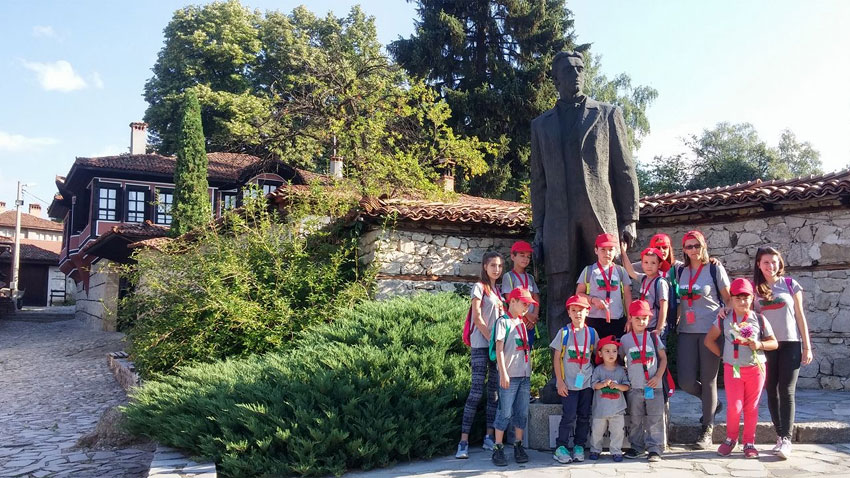
“We want to preserve the Bulgarian spirit and traditions and also teach children about useful things,” says Pepa Chavdarova and adds:
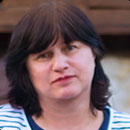 „We live in a large Revival house in Koprivshtitsa with a large yard and a high stone wall with three high gates. This is Stariradev House known for its authentic architecture. We hire the house for the schools because it is a great place for a summer camp. We try to limit the group to 30 children, because for me it is important to show a personal attitude and attention to every child. The idea is to keep the social function of what we do. So, along with kids of well-off parents we have reserved vacancies for children from poor families. They are often brought up by their grandparents. We have youngsters from various social and ethnic groups and we introduce them to the spirit of tolerance. We try to teach everybody to learn to live together and accept differences. For us kids are kids regardless of their social status, temporary hardships and the incomes of parents. We want the children to feel as if they are in a normal family. Our goal is to create a good environment close to the family model.”
„We live in a large Revival house in Koprivshtitsa with a large yard and a high stone wall with three high gates. This is Stariradev House known for its authentic architecture. We hire the house for the schools because it is a great place for a summer camp. We try to limit the group to 30 children, because for me it is important to show a personal attitude and attention to every child. The idea is to keep the social function of what we do. So, along with kids of well-off parents we have reserved vacancies for children from poor families. They are often brought up by their grandparents. We have youngsters from various social and ethnic groups and we introduce them to the spirit of tolerance. We try to teach everybody to learn to live together and accept differences. For us kids are kids regardless of their social status, temporary hardships and the incomes of parents. We want the children to feel as if they are in a normal family. Our goal is to create a good environment close to the family model.”
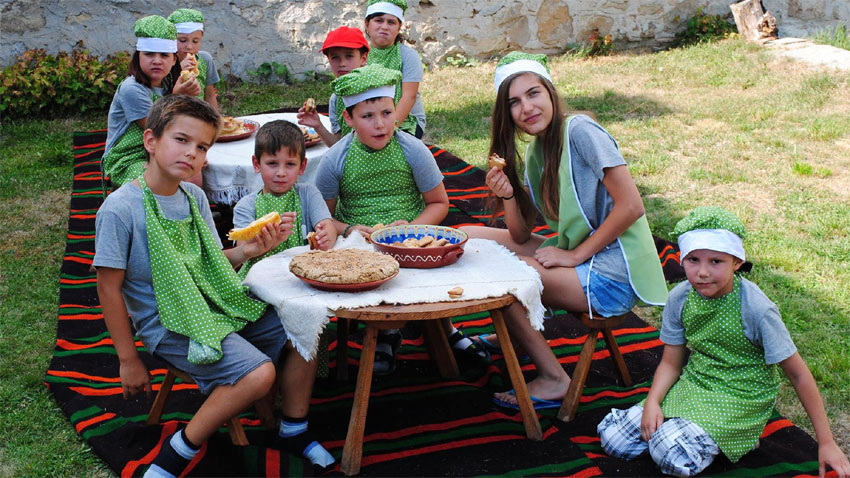
Based on her experience as psychologist, from the very first day of the summer camp Pepa Chavdarova succeeds in making children live and work in a team. Success is based on clear and precise rules applicable to all. The National Revival School has more than one goal. “Sometimes even ten days are enough to teach children to use logical thinking, take care of each other and be useful to themselves and to others. We show to them history as it was and not the way it is summed up in textbooks,” explains Pepa.
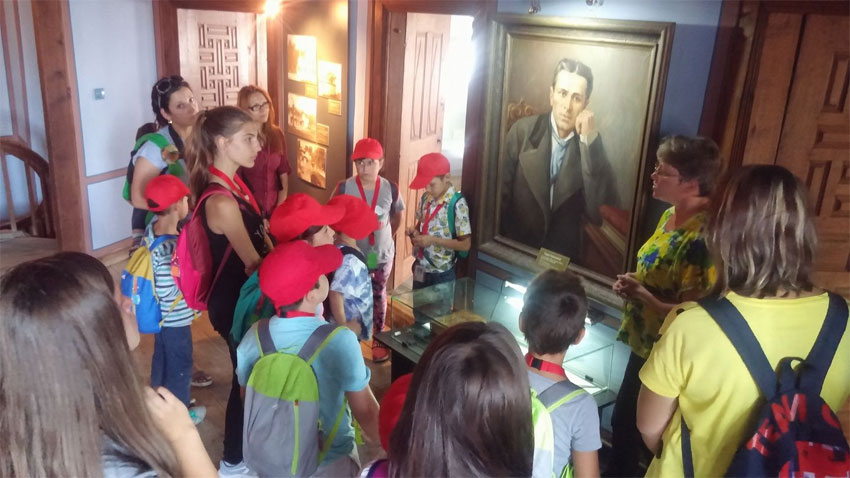
“During the National Revival School we organize meetings with craftsmen. They make demonstrations of how earthen pots are made. In the carpenter’s workshop they make birdhouses and do modeling of figurines from wool. In this way they learn from their own emotions and experience. We include first-aid lessons and we also meet with people with different professions – policemen, firemen and programmers etc. We organize talks about the earth, water and ecology. In this way kids obtain specific social skills. I have noticed that there are youngsters who are very fluent digitally, know a lot about the progress of technology but cannot handle a few simple household chores.
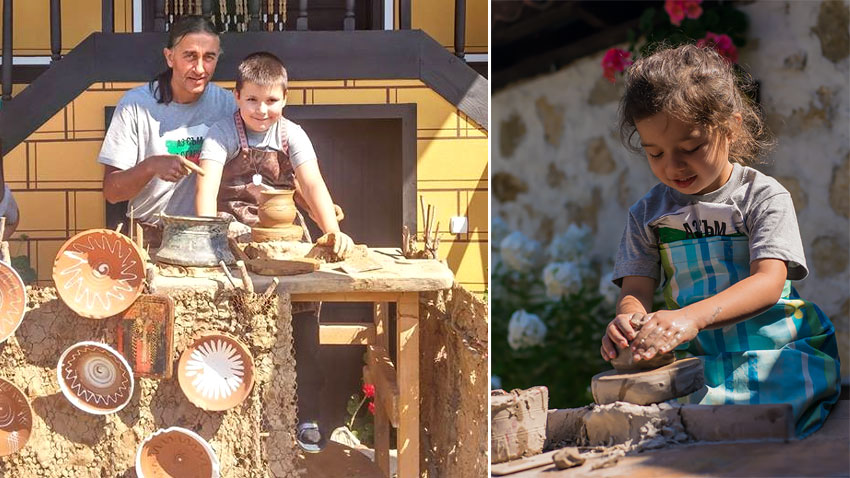
It is great that the school is supported by the whole town. We visit the Town Hall and attend official weddings. We talk a lot about the Bulgarian family – what it used to be and how it lives today. We give priority to family traditions and values.”
English Daniela Konstantinova
Photos: azsambulgarche.comOur compatriots in Las Vegas organized a number of events related to the Bulgarian holidays in March , with the main focus being the National Day of Bulgaria (March 3) and the Bulgarian tradition of wearing twisted white and red..
The Kukeri Festival in Shiroka Laka, traditionally held on the first Sunday of March, marks the end of winter and the beginning of spring. Accompanied by the sound of bells and cowbells, a ritual is performed to ward off evil. On this day local..
A sports festival for children and youth with special needs will be held today in the square in front of the Ruse Municipality building , the local association "Parents of Children and Adults with Autism" announced. The event is..
One step forward, two steps back. This has been of the dance of Bulgarian-Serbian relations, according to Darko Anachkov, chairman of..
An exhibition in the National Assembly in Sofia traces the life and work of Exarch Stefan I of Bulgaria – a cosmopolitan figure who..

+359 2 9336 661
